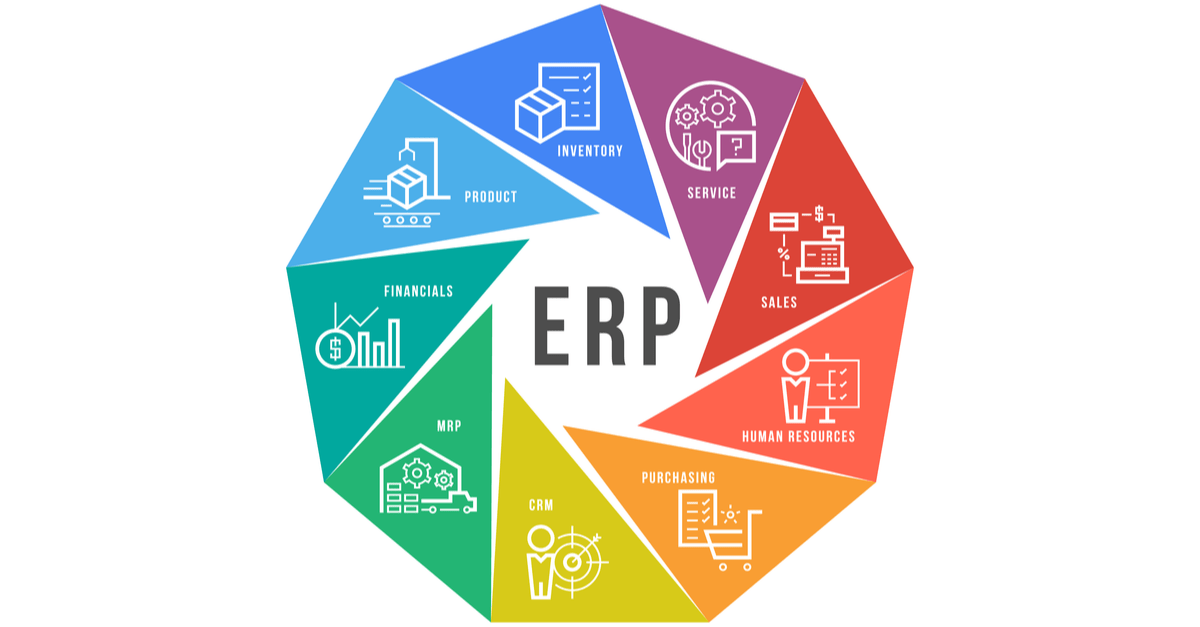
ERP for Nonprofits: How ERP Systems Can Benefit Charitable Organizations
ERP, or enterprise resource planning, is software that helps organizations manage and optimize their business processes. It can be used by companies of all sizes and industries, including nonprofit organizations. Nonprofits often have unique needs and goals, and an ERP system can help them manage and achieve these objectives by providing a range of features and tools.
Here are a few ways that ERP systems can benefit charitable organizations:
Grant management
Nonprofits often rely on grants to fund their programs and operations. An ERP system can help organizations manage their grant applications, tracking, and reporting process, ensuring that they are compliant with grant requirements and able to effectively track the use of grant funds.
Fundraising
An ERP system can help nonprofits manage their fundraising efforts, including donor management, event planning, and campaign tracking. It can also provide insights into donor behavior and preferences, helping organizations tailor their fundraising efforts to be more effective.
Volunteer coordination
Many nonprofits rely on volunteers to support their programs and services. An ERP system can help organizations manage volunteer resources, including scheduling, training, and tracking hours.
Financial management
Nonprofits have unique financial management needs, including the ability to track and report on restricted funds. An ERP system can help organizations manage their finances, including budgeting, forecasting, and reporting, ensuring they have a clear picture of their financial health.
Program management
Nonprofits often offer multiple programs and services to the community. An ERP system can help organizations manage these programs, including tracking client interactions, monitoring program outcomes, and measuring the impact of their work.
Human resources
Nonprofits may have a smaller staff than for-profit organizations, but they still need to manage payroll, benefits, and other HR tasks. An ERP system can help organizations streamline these processes, freeing up time for staff to focus on mission-critical tasks.
Compliance
Nonprofits are often subject to various regulations and compliance requirements, such as tax-exempt status and reporting requirements. An ERP system can help organizations ensure that they are in compliance with these regulations, reducing the risk of fines or other penalties.
Data analysis
Nonprofits rely on data to inform their decision-making and measure their impact. An ERP system can help organizations collect, analyze, and report on data, providing insights into their operations and enabling them to make more informed decisions.
Here are a few key functions of an ERP system that can be particularly useful for nonprofit organizations:
Financial management
An ERP system can help nonprofits manage their finances, including budgeting, forecasting, and reporting. It can also help organizations track and report on restricted funds, ensuring compliance with grant requirements and other regulations.
Donor management
An ERP system can help nonprofits track and manage donor relationships, including donor information, donations, and fundraising efforts. It can also provide insights into donor behavior and preferences, helping organizations tailor their fundraising efforts to be more effective.
Grant management
An ERP system can help nonprofits manage their grant applications, tracking, and reporting process, ensuring compliance with grant requirements and effective use of grant funds.
Program management
An ERP system can help organizations manage their programs and services, including tracking client interactions, monitoring program outcomes, and measuring the impact of their work.
Human resources
An ERP system can help nonprofits manage payroll, benefits, and other HR tasks, freeing up time for staff to focus on mission-critical tasks.
Volunteer coordination
An ERP system can help organizations manage their volunteer resources, including scheduling, training, and tracking hours.
Compliance
An ERP system can help nonprofits ensure compliance with various regulations and requirements, such as tax-exempt status and reporting requirements.
So now, where does the role of the Implementation partner fit in
Implementing an ERP system can be complex and time-consuming, and nonprofit organizations must get it right. That’s where an implementation partner comes in. By working with an experienced partner, nonprofit organizations can benefit from the expertise and knowledge of professionals who have implemented ERP systems for other organizations. This can help ensure that the implementation process goes smoothly and that the organization gets the most out of its ERP system.
An implementation partner can also help organizations customize their ERP system to meet their unique needs and goals. Nonprofit organizations often have specific requirements and objectives, and an implementation partner can help them configure their ERP system to support these requirements.
Finally, an implementation partner can provide ongoing support to help organizations get the most out of their ERP system. This can include training and support for staff, as well as help with troubleshooting and problem-solving.
In conclusion, an ERP system can be a valuable tool for nonprofit organizations, helping them streamline their operations, manage their resources, and better achieve their mission. Organizations can ensure a successful implementation and get the most out of their ERP system by working with an implementation partner. From grant management and fundraising to volunteer coordination and financial management, an ERP system can support the unique needs of nonprofit organizations and help them make the most of their resources.
